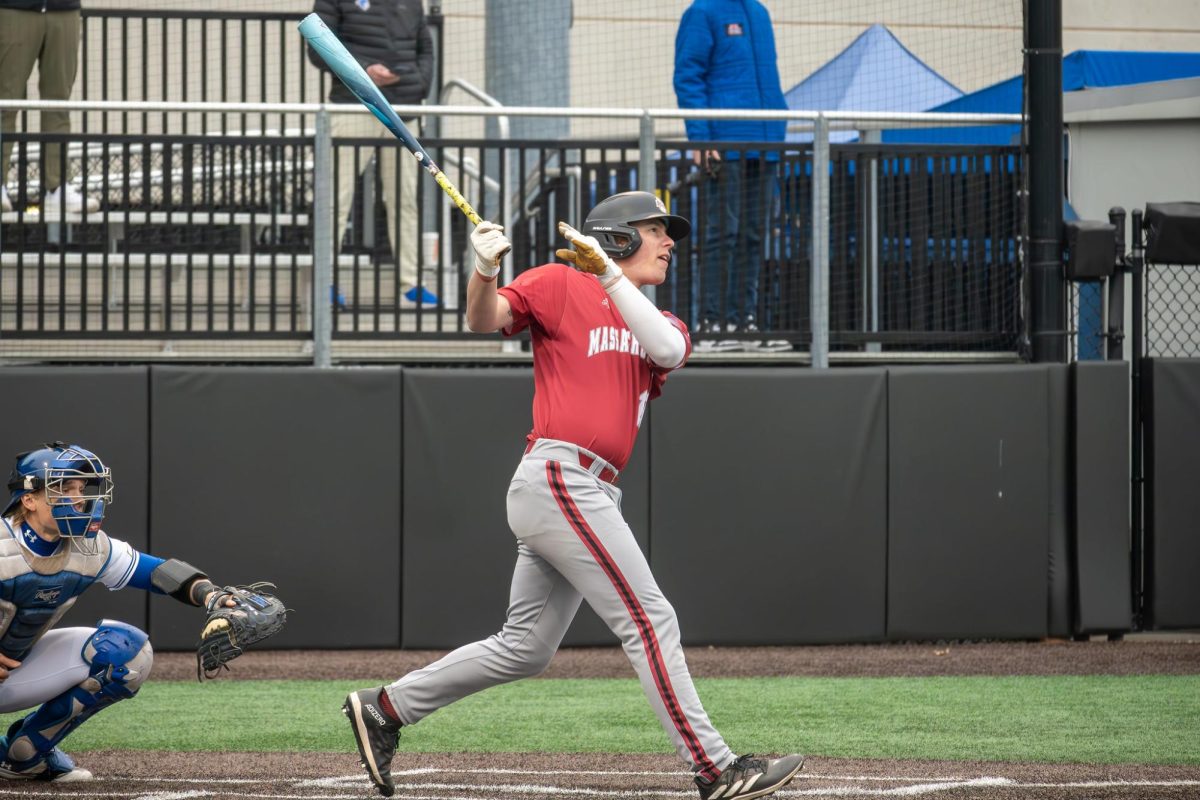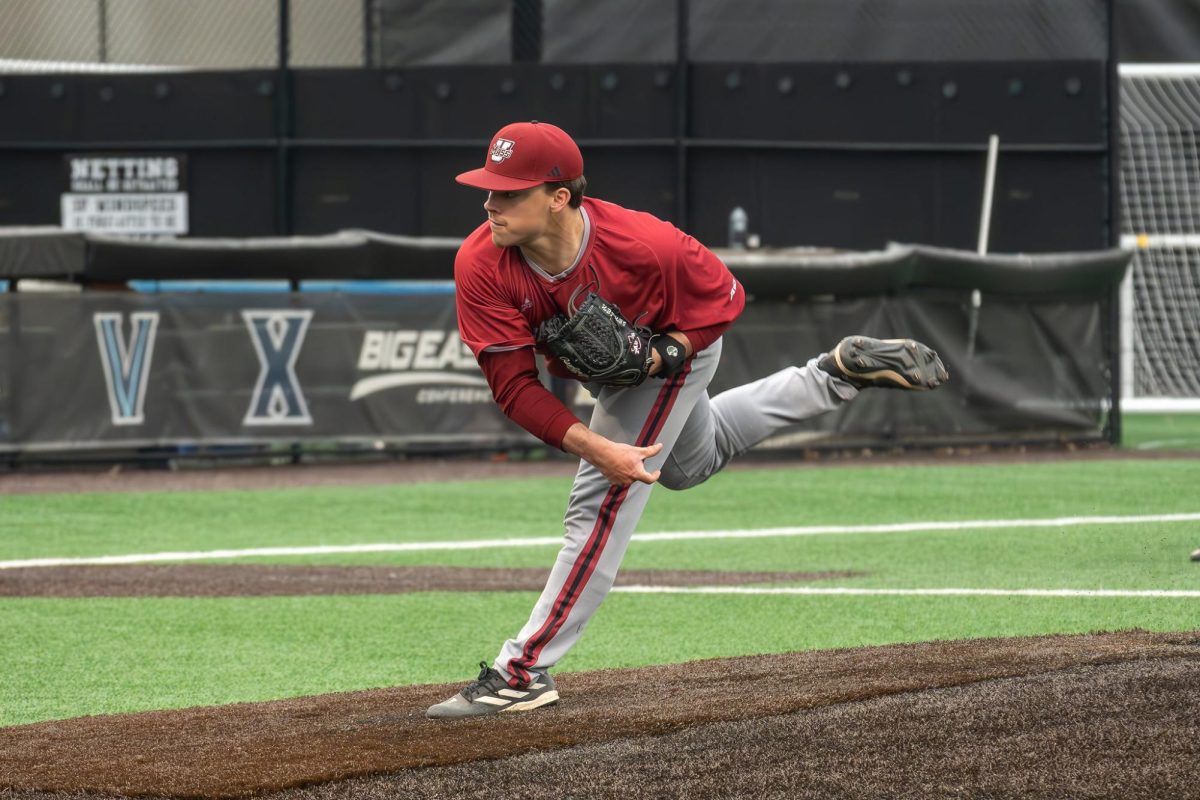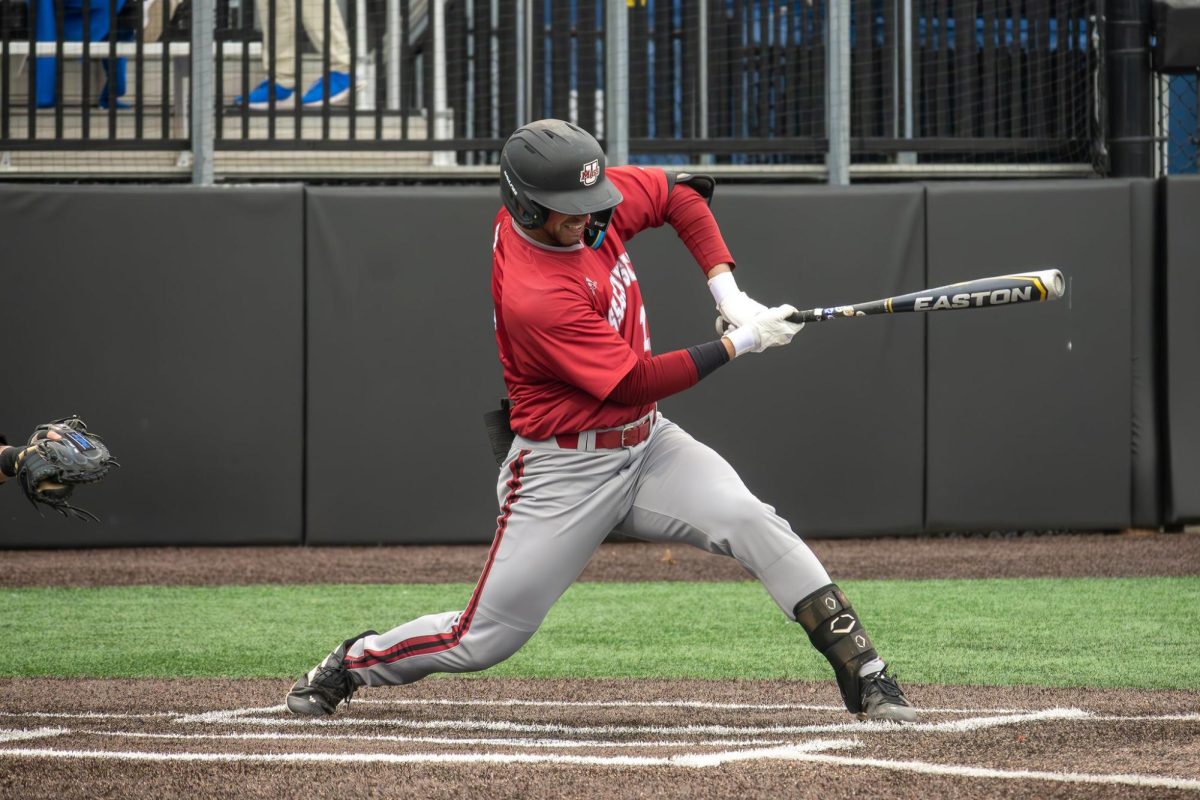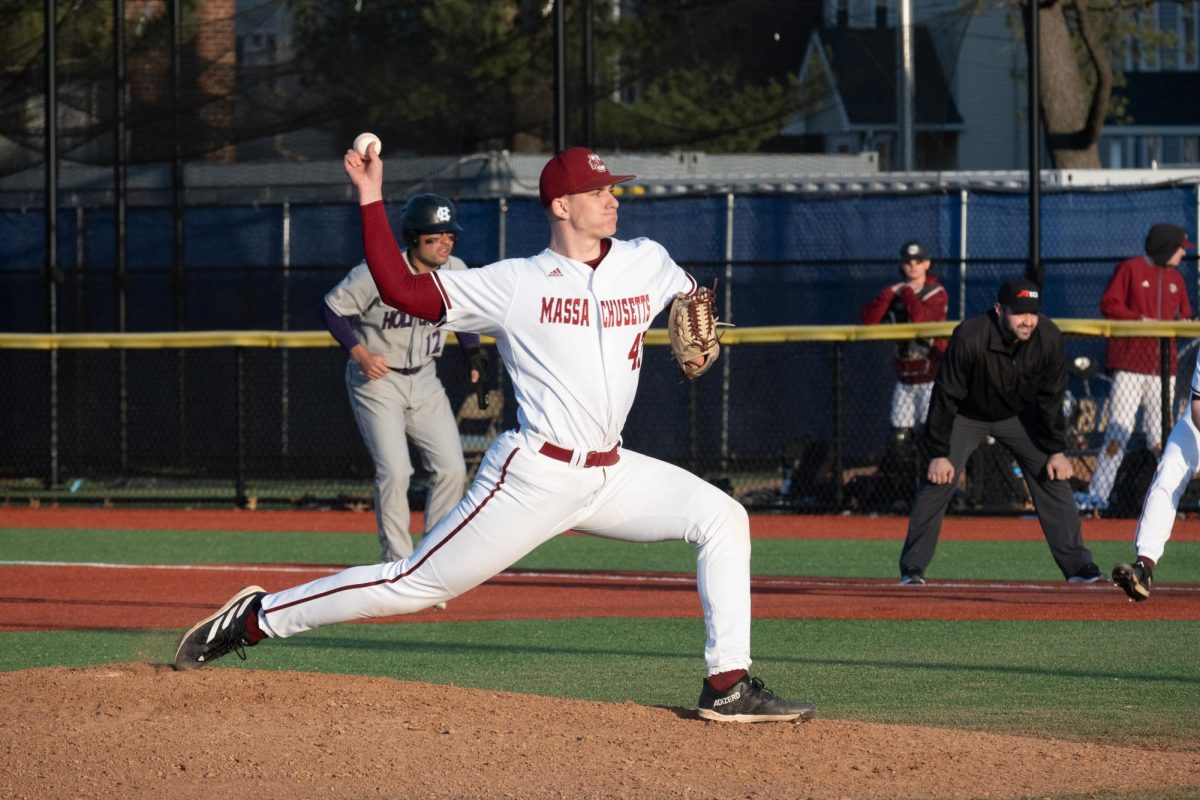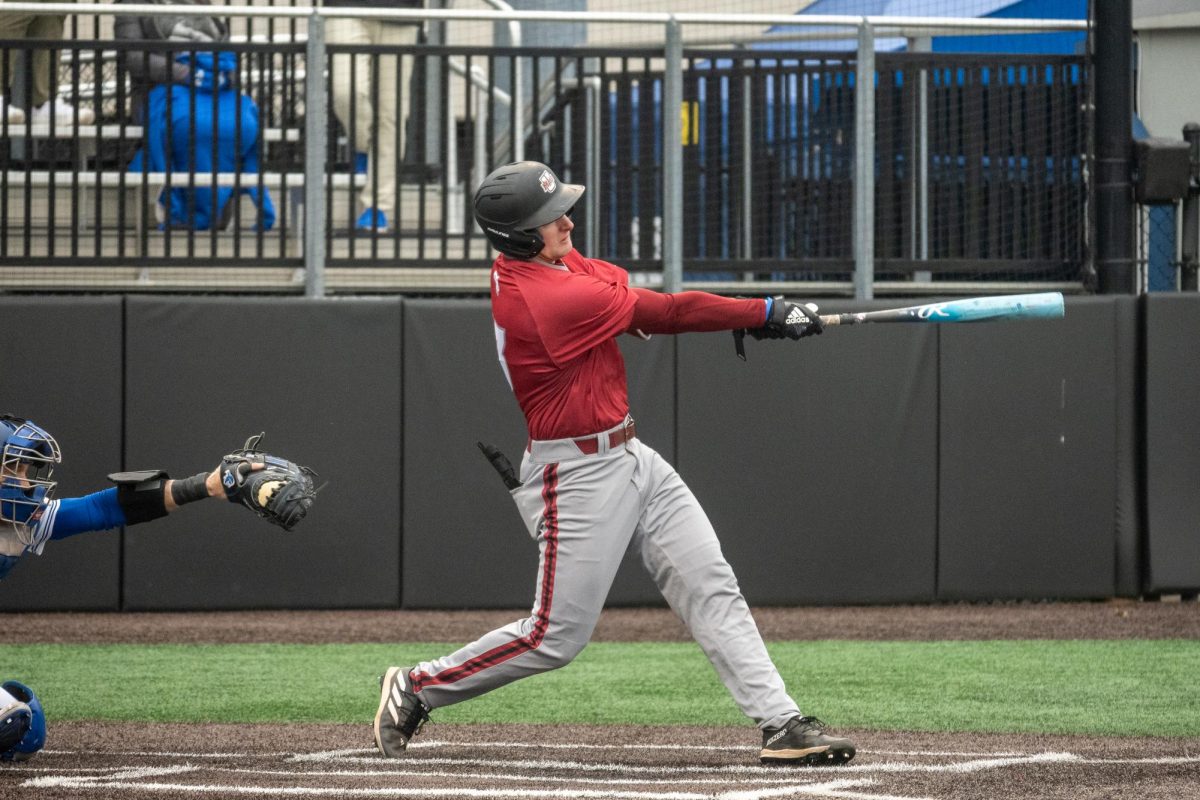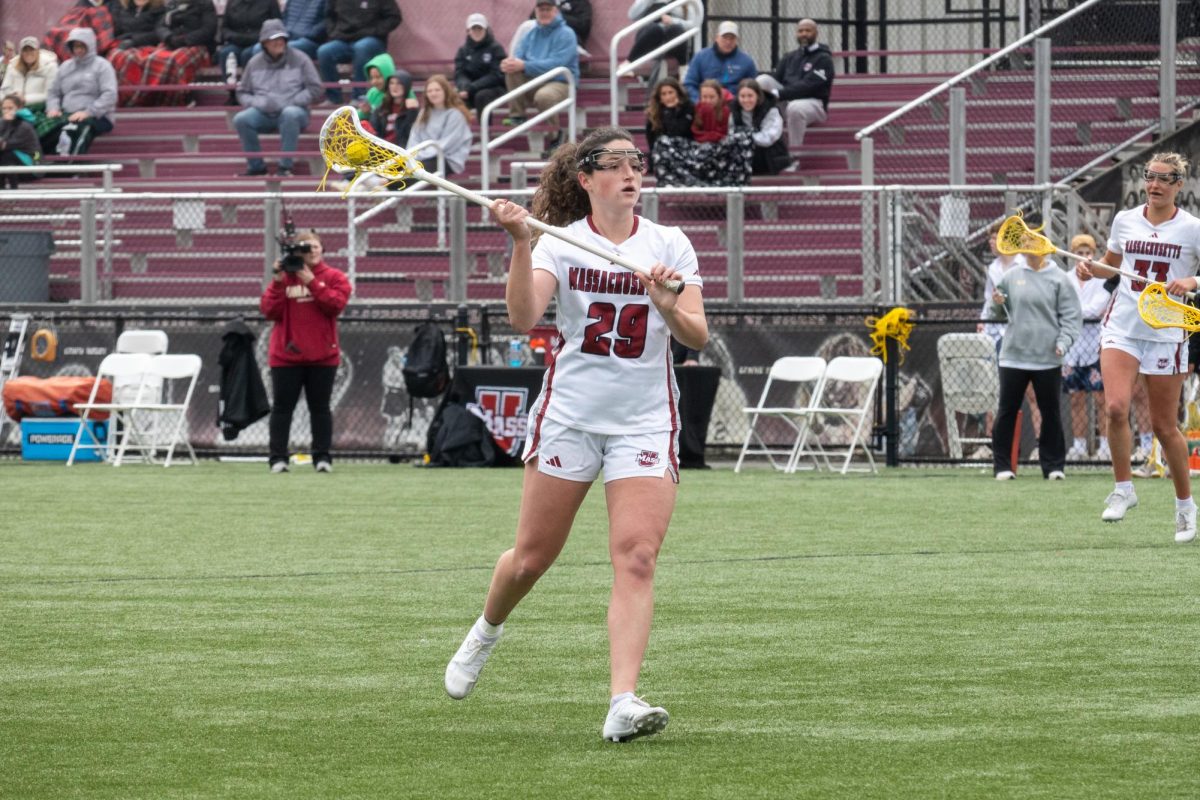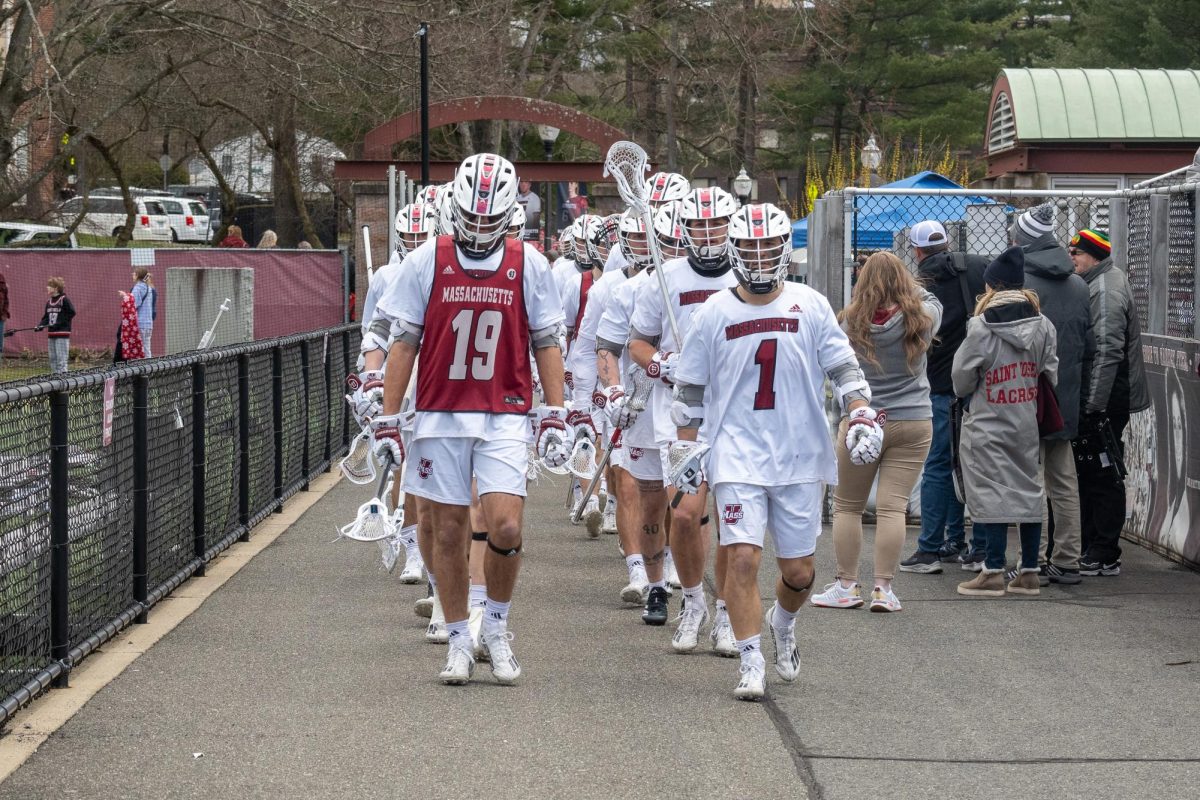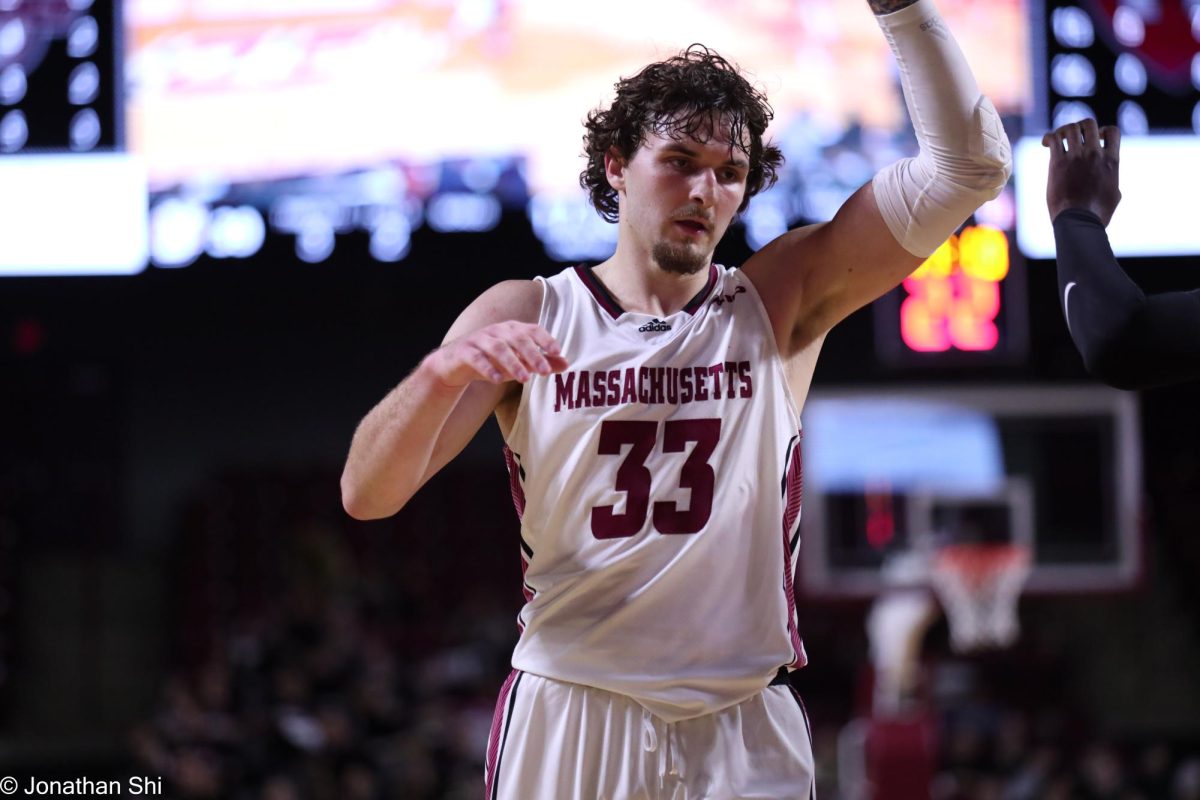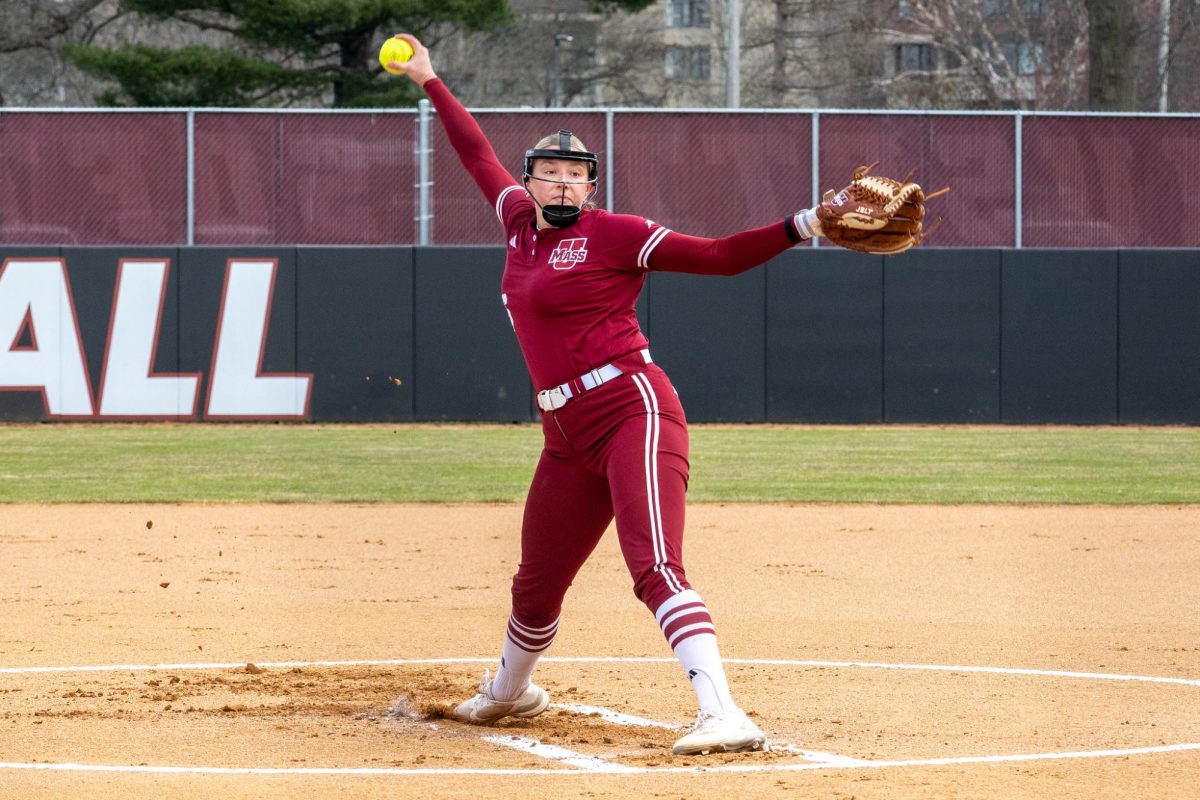
Through the first three weeks of the early Division I baseball season, college baseball has seen a noticeable rise in the power department.
Compared to the opening three weeks of games last season, the number of home runs has increased 40 percent from .33 home runs per game to .47 in 2015.
The reason? Flat-seamed baseballs.
This is the first season in which the flat-seamed baseball has replaced the raised-seam ball after the Division I Baseball Committee voted unanimously in November 2013 to make the change entering the 2015 season.
According to an NCAA study, a flat-seamed baseball travels an average of 20 feet longer than raised-seam balls hit from a pitching machine.
Washington State Sports Science Laboratory simulated home runs by setting a pitching machine to typical home run conditions. They set the pitching machine at an average of 95 miles per hour, at a 25-degree angle and a 1,400 revolutions per minute spin rate, finding that flat-seamed balls travel an average of 387 feet compared to only 367 feet by raised-seam balls.
When the rule was originally implemented, it stated that the new balls would only be required to be used by the conferences during the NCAA tournament. However, the teams are using the flat-seamed balls now to get accustomed to them for the postseason.
Rawlings, the NCAA’s official supplier of championship baseballs, also conducted its own research and found the findings were consistent with Washington State’s results.
Shortly after the study, American Baseball Coaches Association executive director Dave Keilitz presented the information to the almost 300 Division I coaches for feedback and 87 percent of the respondents supported making the switch to flat-seamed balls.
Massachusetts baseball coach Mike Stone was a part of that group.
“Yeah I was in favor of the move,” Stone said. “Anything to see an increase in offensive production. I would like to see more offense.”
Dennis Farrell, a committee chairman, spoke about how the committee was concerned about the diminishing offensive output and sparked this change.
In 2013, only nine home runs were hit in 14 games at the College World Series, which was the lowest total since 1950 and down from 32 homers the year prior. This was due to the NCAA’s switch to a new home for the tournament, TD Ameritrade Park in Omaha, which is significantly more suited to pitchers than its predecessor Rosenblatt Stadium.
The league also made significant changes to the rules and regulations surrounding bats used by players.
This season, while the percentage of home runs per game has increased drastically, the other aspects of offense still seem stagnant.
Through the first three weeks of the 2015 season, runs scored in a game are only up four percent and batting average has increased from .263 in 2014 to .264.
Pitchers have also posted a mixed result with the new balls. While the strike out percentage has increased 12 percent, the average team earned run average bumped from 4.06 to 4.38.
According to Stone, the transition from raised-seam balls to flat-seamed has gone unnoticeable for the most part.
“I haven’t seen a difference in any of the pitchers’ pitches,” Stone said. “The pitchers actually like them better. The balls are easier to grip, more durable and overall a better ball.”
However, Stone is unsure how much the change will affect the team because they haven’t actually played a game yet this season. The team’s first four games were cancelled due to poor weather conditions.
“I’m interested to get out there and see how much it actually affects us,” Stone said. “I’ve heard the ball is supposed to travel eight to 12 feet further but we’ll see if it actually impacts the game.”
The Minutemen will attempt to get their season underway March 14 when they travel to Tampa Bay, Florida to take on Army.
Victor Pusateri can be reached at [email protected].

